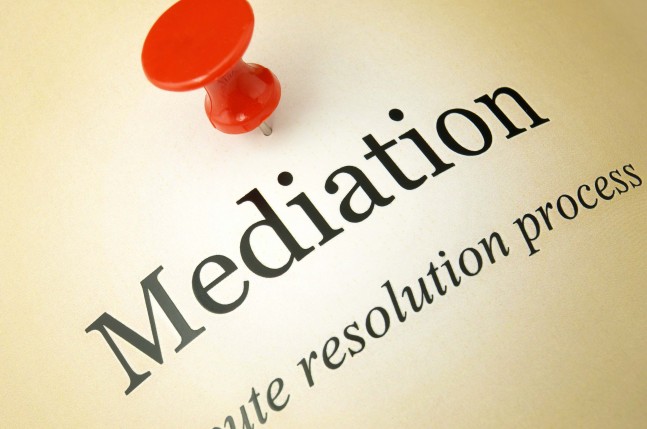
In legal disputes, mediation is often raised as an alternative to Court proceedings. Why? Why not leave it to the Judge or, alternatively, simply sit down with the enemy and arrange a truce over a coffee? Let’s look at these possibilities – trial or negotiation – and come back to mediation.
The Trial Model
The Judge will be a leading lawyer, paid to hear and determine a case. The Judge is not there to hear the parties have a grizzle; nor is the Judge much interested in who is to ‘blame’. A Judge only wants evidence, will apply the law to the evidence and render an opinion (The Judgment).
The Judgment may disappoint and surprise someone. It may disappoint and surprise everyone. It will come after months of legal process and an expensive trial in which evidence is taken in a slow, painstaking and (usually) very boring way. By then, most litigants will be thoroughly fed up. They will, in their own minds, have ‘moved on’.
By the time of delivery of the judgment, legal costs may have overtaken the claim. By the time the case ends, most litigants will wonder why they let things go so far.
But it has to be like that. The Court trial is the only feasible model for the formal attainment of truth.
Informal Negotiation
There are instances where parties to a legal dispute can eyeball each other and sort things out. In theory, there is no reason why this cannot be done in every case. So why doesn’t it work? Why does it not work in 99.99% of cases?
Possibly because there is no frame of reference for sensible concessions, or appreciation of the other side’s point of view. Egos can get in the way (both the egos of the parties and, sometimes, that of experts and lawyers). The grievances are not put into a legal context. Important advice, as to the ramifications of a dispute and its remedy, are lacking.
The disputing parties may resort to threats, or emotional blackmail. In the heat of the moment, they may forget where their best interests lie. There is no guide to avoid the dangers of inflaming the situation or creating fresh fields of dispute. A settlement may not be properly formalized so that it provides certainty, finality or enforceability.
Mediation – Why Bother?
- It is cheaper than going to Court
- It usually takes a day, whereas a trial can take weeks or months (day in, day out)
- An experienced mediator is the umpire and guides rather than compels
- There is opportunity to have matters explained along the way
- It is violence free, but there is an opportunity to express feelings
- It is totally confidential
- Every issue can be resolved
- There is certainty and a degree of control over process and outcome
- It lacks the stress of a trial (argument, objections to evidence, cross-examination)
- You can walk away
- There is finality – no more Court action (or appeals from a Judgment)
- A settlement is formalised and made legally binding.
Mediation, when it works (and it won’t always work) can combine the best aspects of litigation and informal negotiation. The Courts recognise this and will usually allow parties to a case the required scope to explore mediation.
It is critical to select a mediator who is experienced in the law and in particular, the area of law relevant to the dispute. The mediator is there as an expert guide, and a guide must know the lay of the land.
It is also critical to have a good lawyer on side that not only wants the best for their client but also understands the commercial realities of dispute resolution and the legal consequences of the process, including confidentiality and enforceability.
For further information please contact Peter on 8362 6400 or email Peter Jakobsen. Join our mailing list to receive updates and advice on current issues.







